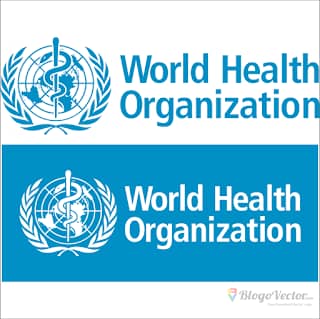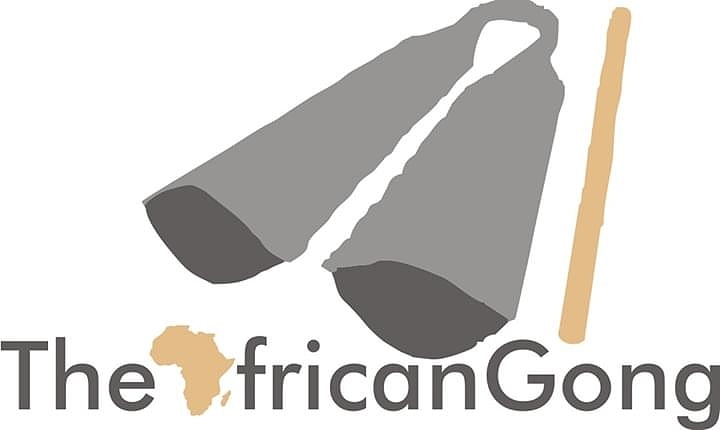
By Blessing David
The World Health Organization WHO, has maintained that the role of the Global Task Force on Cholera Control and the country support platform (CSP) in the global roadmap for cholera control, especially in endemic countries through the development of the country national control plans (NCPs) including vaccination, also WASH activities, cannot be overemphasized.
WHO therefore reiterate the need for the early allocation and shipment of these vaccines to ensure these vaccinations are carried out sooner than later.
WHO believes that the recently approved GTFCC application for Nigeria with approximately 9million doses of OCV to implement two campaigns in 14 LGAs in 9 states, including the Federal Capital Territory, would significantly mitigate the risk of and upsurge of cholera cases during this raining season.

This was contained in a speech delivered by WHO Country Representative, Dr Walter Kazaldi Molumbo,during the WHO training on integration of Oral Cholera Vaccine in Emergency and Preventive, in Abuja.
He said it is expected that the challenges identified during 2021 annual GTFCC stakeholder meeting, including Poor quality reactive and preventative OCV campaign requests as well as Lack of OCV use as an outbreak response in some settings and Inadequate monitoring and evaluation of OCV campaigns, will be built upon as such should be addressed sooner than later.
WHO is cognizant of the need to implement quality campaigns and the operational challenges in different contexts just as Nigeria has demonstrated capacity to implement campaigns in difficult settings, including security challenges as experienced in the 2 LGAs in Zamfara as well as addressed and improved Campaign data quality, through the use of real time reporting by vaccination teams using hand mobile phones.
He expressed confident that the opportunity of the training for knowledge sharing from the three levels of the organization and the multiple country participants, will not only help improve on the gaps identified but also ensure that countries are better prepared to request, plan and implement quality campaigns with OCV as part of their national Cholera control plans and further contribute the long-term goal of Ending Cholera by 2030.

He explained further that in addressing equality and equity issues and ensuring reduction in zero doses children in alignment with the Gavi 5.0 and the Immunization Agenda 2030, Nigeria must ensure that all opportunities of vaccination campaigns are used to specifically target areas with huge zero doses and ensure that these often-missed children are not only offered OCV but opportunities for all routine vaccination.
WHO insists that Cholera control efforts is a holistic one including more than just vaccination hence the need to address issues around WASH remains critical in the long term which brings to bear the need to improved coordination of cholera control efforts and ensure that clean and safe water as well as improve hygienic practices as highlighted in the Cholera control plans are implemented in a sustainable manner to ensure the desired goal.
He assured of WHO Nigeria’s support to the Government of Nigeria in implementing the NCP, including ensuring quality vaccination campaigns while also monitoring and evaluating the implementation of this plan.
